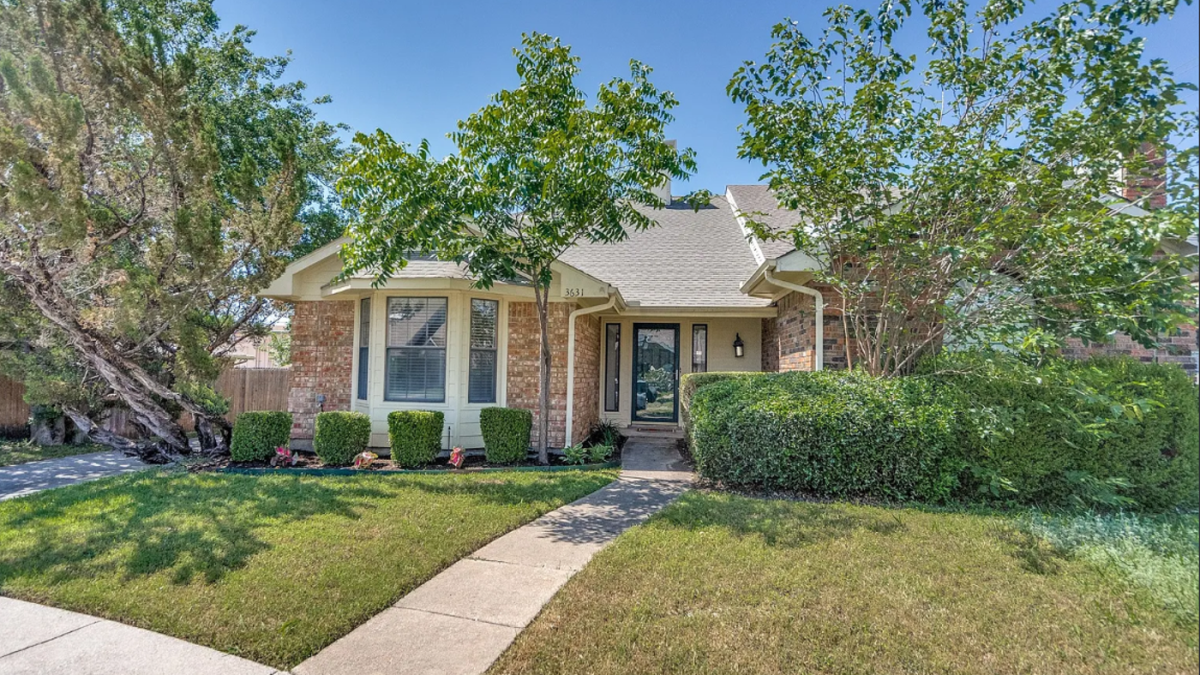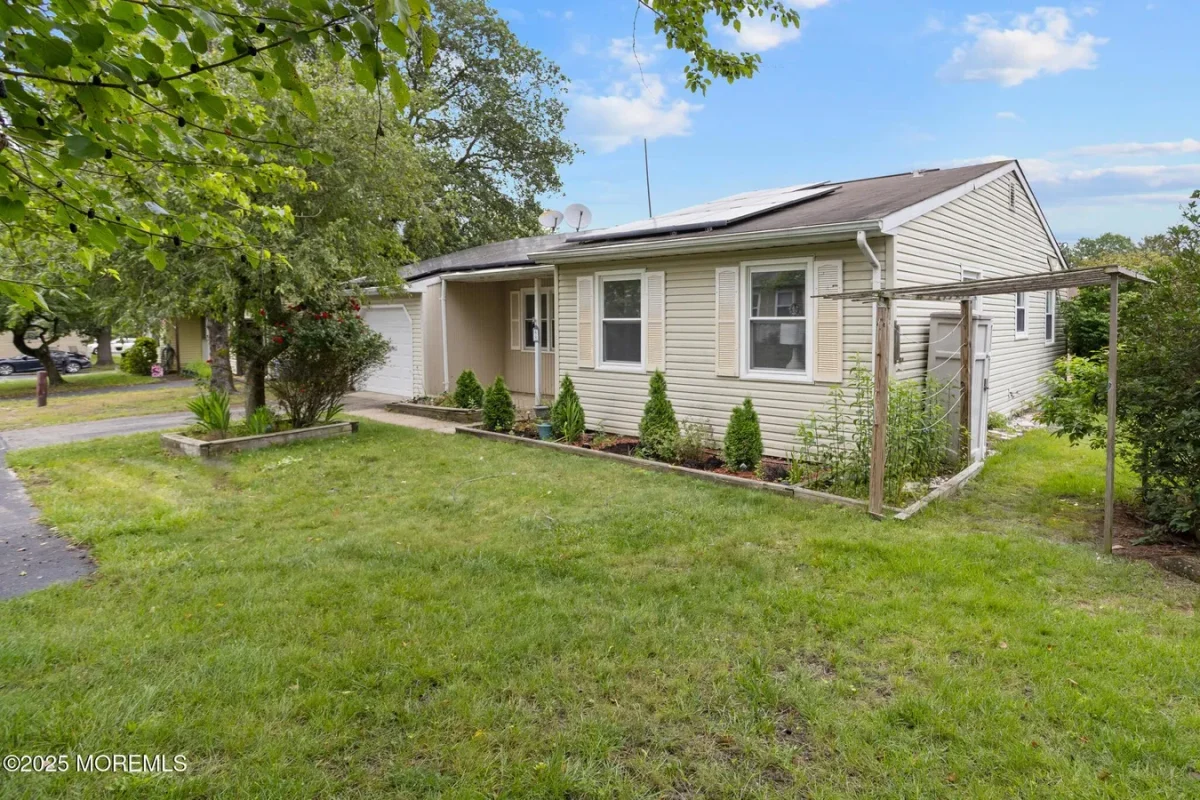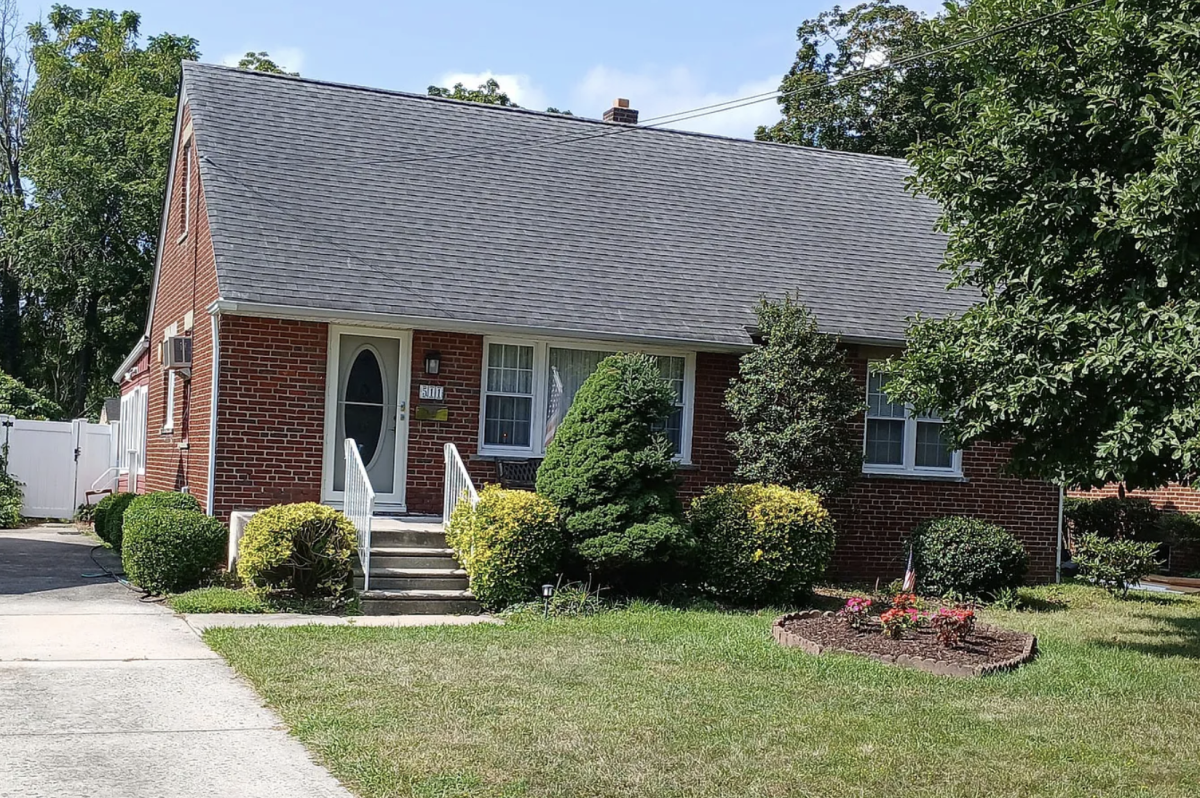Foreclosure can feel overwhelming, and you might be asking, can I sell my house in foreclosure in New Jersey? The answer is yes—homeowners in Hamilton Township still have options even when facing foreclosure. This guide explains your choices in simple terms, helping you understand what to expect and how to protect your finances.
We believe having the right information can ease some of the stress during this tough time. In the following sections, you'll find clear steps and honest advice on selling your home while dealing with foreclosure, so you can make a decision that works best for you.

Grasping Foreclosure in New Jersey
What Exactly Is Repossession and How It Operates in New Jersey?
Repossession is a legal process crafted to assist creditors recover unpaid mortgage debt.
In New Jersey, this process typically follows a set timeline where homeowners are notified and have a chance to work out a solution before the property is sold.
In Hamilton Township, NJ, homeowners have specific rights that safeguard their interests during this time, ensuring they understand the process and can act to minimize further financial pressure..
Often, the repossession procedure in Hamilton Township and cities like Bordentown, Burlington, Cherry Hill starts upon missed payments.
Homeowners generally have several months to discuss their options, including strategies like repayment plans and short sales.
This structured timeline offers a period to consult legal or financial professionals who are familiar with New Jersey’s repossession regulations.
How Foreclosure Impacts Property Owners in Hamilton Township
Foreclosure can have serious effects on a homeowner’s financial history. Failing to pay the mortgage or undergoing foreclosure can decrease credit scores and complicate obtaining future loans. Moreover, the emotional burden and the stress of public financial loss can be immense. It is important for homeowners in Hamilton Township and surrounding areas like Ewing, Florence, and Lawrence to tackle these issues promptly by considering every available option.
Homeowners should consider working with a housing counselor or a legal expert who can review their individual circumstances. By being proactive, many find that there are steps they can take to mitigate financial setbacks and secure a more stable future after their property is sold or settled. Understanding homeowner rights along with the foreclosure process can also avoid confusions and help in making informed decisions.
Selling a House During Foreclosure in Hamilton Township, NJ
Is It Possible to Sell a House in Foreclosure?
Indeed, you can list your property even when under foreclosure.
Homeowners in Hamilton Township, NJ, can list their house before the foreclosure proceedings conclude, which might preserve their credit score and minimize financial losses.
Still, listing your home in such situations comes with difficulties such as dealing with outstanding debts, obtaining lender approval, and sometimes modifying the selling price to reflect the condition of the property.
To put it simply, successful sales during foreclosure often rely on open dialogue with the lender.
For instance, in nearby areas like Mount Holly, Princeton, Trenton, and Willingboro, local agents well-versed in distressed property sales can provide guidance on meeting lender requirements.
Understanding what lenders expect and developing a strong plan can improve the odds for a smooth transaction even when under pressure.

Steps to Sell Your Foreclosure Property
Selling a foreclosed home requires careful preparation.
First, make sure your home's documentation is in order.
This includes loan documents, deed papers, and any notices received from the lender.
Modern real estate listings should clearly disclose the foreclosure status so potential buyers comprehend the condition.
The next step involves talking to your lender.
Discuss your options for clearing or resolving the remaining amount on your mortgage.
Many homeowners in the township and nearby Burlington/Cherry Hill have had success by setting up a short sale with lender consent.
Working with a real estate agent experienced in foreclosure sales can streamline this communication but also aids in promoting the property properly.
Here’s a basic checklist:
• Gather and review all necessary documents
• Contact your lender about your options
• Team up with a real estate agent skilled in distressed properties
• Inform prospective buyers of the foreclosure status from the start
Being open with buyers is key, as it helps set realistic expectations about what they are purchasing.
Brief Sales and Alternatives to Foreclosure
What Is a Short Sale and How Does It Work?
A short sale happens when the home is sold for less than the outstanding mortgage balance, subject to approval by the lender. This option is distinct from a traditional sale because it involves negotiations between the property owner and the lender to approve a reduced payoff amount. In Hamilton Township and comparable areas like Cherry Hill or Trenton, residents may opt for a brief sale to avoid complete foreclosure proceedings.
During a short sale, the lender evaluates the market value of the property and the financial state of the homeowner before approving the sale. While it might seem like a difficult process, many property owners discover that a short sale helps reduce the credit impact and avoid stressful foreclosure proceedings. Research suggests that short sales can be a feasible choice for many, especially when guided by professionals with experience in New Jersey’s property market.
Other Alternatives to Avoid Foreclosure
Besides short sales, there are various other paths homeowners can take to prevent foreclosure on their home.
One possibility is seeking a mortgage adjustment.
This entails working directly with the lender to modify your mortgage terms to better fit your present financial situation.
This option is worth exploring for residents in Hamilton Township, Bordentown, or Cherry Hill.
Another option is a property deed transfer, where a property owner transfers property ownership back to the lender in return for releasing the mortgage debt.
While these options might not be helpful site ideal, they offer a chance to reduce the long-term monetary repercussions of foreclosure.
It is always sensible to consult with a real estate counselor or legal advisor who comprehends New Jersey’s distinct environment when considering these options.
Area Resources and Assistance for Homeowners in Hamilton Township
Where to Find Local Help
Hamilton Township Homeowners and local cities including Princeton, Willingboro, and Trenton can access local resources that provide assistance in challenging times.
Local government offices, housing counseling services, and legal assistance groups provide guidance when confronting foreclosure.
These agencies can help you understand your rights, manage documentation, and determine the best way forward based on your situation.
Local housing counselors are invaluable when facing foreclosure issues.
They can not only clarify the necessary steps you must take but also link you with financial planning resources.
For instance, if you live in areas surrounding Hamilton Township, such as Cherry Hill or Burlington, reaching out to a municipal office locally might steer you in the right direction for free or low-cost advice.
Partnering with Real Estate Professionals and Investors
You might also want to work with experienced experts such as property agents or investors who have a proven track record with distressed properties.
Experienced agents understand the intricacies of selling homes in foreclosure and can help bridge communication with your lender.
They can showcase your property's key selling points while keeping the process simple and clear.
When selecting a professional, it is important to choose someone who is well-known in the local market.
Seek out agents experienced in Hamilton Township, Ewing, and Mount Holly.
Read reviews and ask friends or neighbors for recommendations.
A seasoned agent can accelerate the process but also helps address potential challenges before they escalate.
Securing Your Financial Future Post-Foreclosure Sale
Impact on Credit and What Comes Next
Selling your home during or before a foreclosure may affect your credit score, but the outcome largely depends on how the situation is managed.
Both buyers and read this lenders pay close attention to the details of how a foreclosure or short sale is handled.
Although a foreclosure may severely reduce your credit score, taking steps like working with professionals can lessen the negative impact.
Property owners in Hamilton Township and nearby locales, including Lawrence or Trenton, must recognize that immediate dialogue with the lender is crucial.
After the sale is concluded, restoring your financial stability is the next significant step.
The process might require a while, but starting with a clear budget and seeking advice from financial experts can aid in credit recovery.
Consider these recommendations:
• Regularly check your credit report for errors
• Establish a sensible monthly spending plan
• Consider consulting a financial planner knowledgeable about local market conditions
The process might be challenging, but many homeowners have successfully rebuilt their credit after a foreclosure or short sale.
Maintaining open communication with financial professionals and taking small, consistent steps often leads to a stronger financial future.
Steps to Rebuild Credit and Plan for Future Homeownership
After a foreclosure sale, it’s important to actively work on improving your credit.
This might involve paying off existing debts, using credit responsibly, and monitoring changes in your credit score.
Gradually, these minor adjustments can turn a financial setback into a comprehensive recovery strategy.
According to financial advisors, setting defined goals and working on them incrementally, even at a slow pace, can be effective.
Planning for future homeownership involves setting realistic expectations and being patient.
Collaborating with local experts familiar with the distinct challenges in areas such as Hamilton Township, Burlington, or Cherry Hill is advantageous.
By creating a practical plan and adhering to a steady pace, many homeowners find that they can ultimately return to the property market with a stronger and more secure financial footing.

Exploring the challenges of transferring a foreclosed home in New Jersey , particularly in Hamilton Township requires a solid understanding of the foreclosure process , available alternatives like short sales , and the need to obtain local support and resources.
Effectively selling your property involves proactive communication with lenders, meticulous preparation of required paperwork, and transparency with potential buyers. Keep in mind that restoring your financial future following a sale, whether by foreclosure or alternative approaches is completely achievable with a thoughtful plan and persistent effort.
Ultimately, confronting foreclosure doesn't have to mean a complete loss of your financial stability.
By exploring all options and seeking professional guidance, you can overcome these hardships and set the stage for improved prospects.
Knowledge is power; use the information provided to decide with care and take control of your situation.
- Foreclosure Guidance in Hamilton Township, NJ: Reach out to Holly Nance Group for professional counseling on selling your home amid foreclosure.
- Troubled Property Sales in Burlington County: Holly Nance Group offers specialized real estate services for homeowners facing foreclosure in Burlington and nearby cities.
- Mercer County Short Sale Specialists: Rely on Holly Nance Group to manage the short sale procedure and discover the most favorable outcome for your finances.
- Local Real Estate Investor Connection: Contact Holly Nance Group to connect with reputable local real estate investors looking to buy pre-foreclosure homes in Hamilton Township.
- Ewing Township Pre-Foreclosure Expert in NJ: Let Holly Nance Group assist you in selling your house fast.